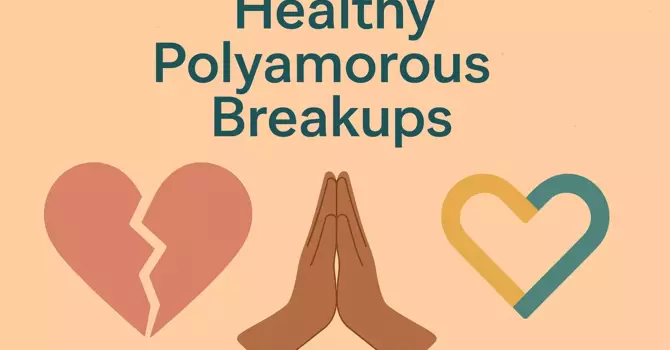
In a world that is often all about hustle culture, it can feel like it's a luxury to rest and that overworking is the norm. But at Inclusive Therapy Group, we understand that rest is not only necessary, it is unavoidable. Work-life balance isn't just about having more time on your hands—it's about protecting your emotional and mental well-being. Let's talk about why balance is important, and how you can start to build it, one mindful step at a time.
Why Work-Life Balance Matters
A healthy, balanced relationship between your private life and your work life supports not only your productivity but your nervous system, your relationships, and your self. When too much of your life is filled with work, burnout, anxiety, and despair can be the outcome. On the other hand, when your personal needs are always fulfilled and your boundaries are respected, you're less likely to be unfulfilled, ungrounded, and absent.
Signs You're Out of Balance
You're exhausted even after a full night's sleep
Your head is always at work—even on weekends
You cancel plans or are too drained for socializing
You feel guilty to take it easy
You've stopped activities, exercise, or leisure activities
Your symptoms of mental illness have increased (more irritability, depression, or feeling disconnected)
See yourself? You're not alone.
6 Steps to Get Work-Life Balance That Works For Your Mental Health
Set Clear Boundaries
Whether you’re working from home or clocking in at an office, boundaries are crucial. This could mean setting a hard stop time to your workday, muting notifications after hours, or creating a “shutdown ritual” to transition from work to home mode.
Learn to Say No (and Mean It)
Overcommitting leads to burnout quickly. It's a good habit to start saying no to things or duties that don't align with your capacity or your values. You don't owe anyone a detailed explanation.
Plan Breaks As Meetings
Breaks should never be up for negotiation. Take lunch off the screen. Take a walk outside. Schedule 10 minutes of movement or mindfulness. Small breaks give your brain a chance to rest and reduce long-term stress.
Focus On What Fills You Up
What makes you feel like you again? Is it creating art, dancing, writing in a journal, or bingeing a comfy show? Prioritize it. These aren't hobbies—they're vigor for your resilience.
Check In With Your Needs (Regularly)
Your work-life balance is personal to you. What you need today may not be what you need next month. Periodically ask: What's working? What can be improved? Let yourself evolve.
Reach Out for Support
If your mind is struggling, you don't have to struggle alone. Counseling can help you get clear on your boundaries, get eyes on your burnout, and re-commit to the life you're trying to build.
You Deserve Better Than Survival
Creating a healthier relationship with work is not selfish—it's life-sustaining. You deserve rest. You deserve happiness. You deserve to live a life where you are defined by work, but not solely by work.
Our therapists at Inclusive Therapy Group are here to support you in creating a life that values your needs, your values, and your fullness. Whatever you are focusing on for recovery from burnout, learning boundaries, or discovering how to make space for you, we are here to support you along the way.





